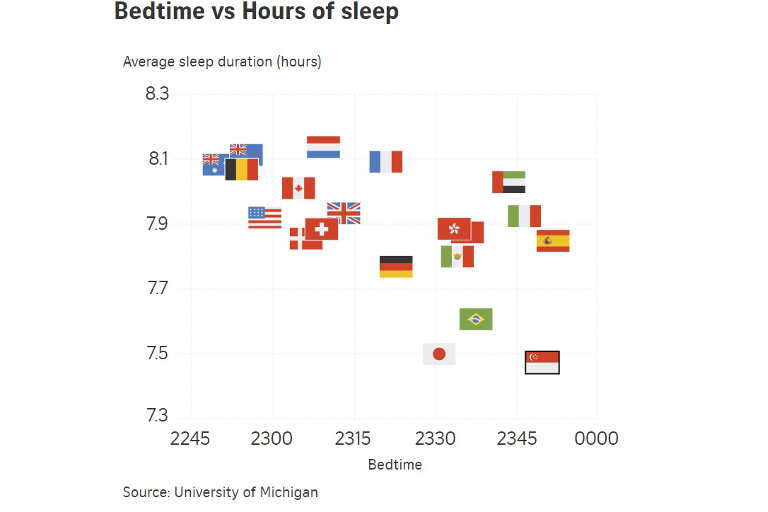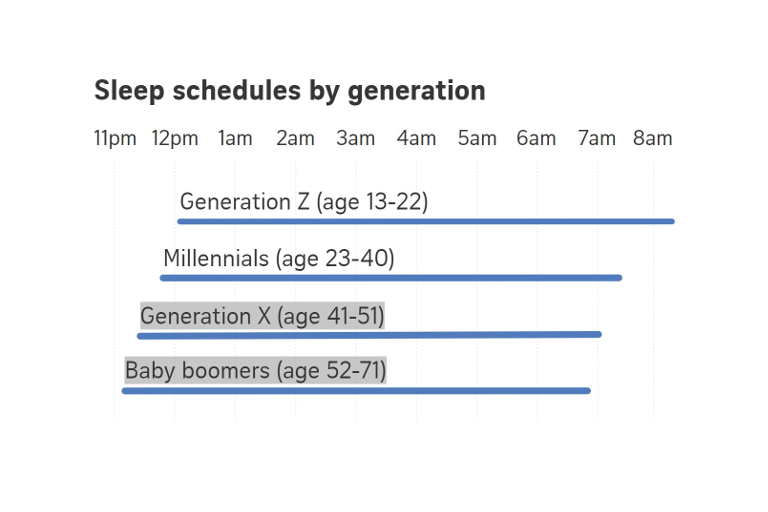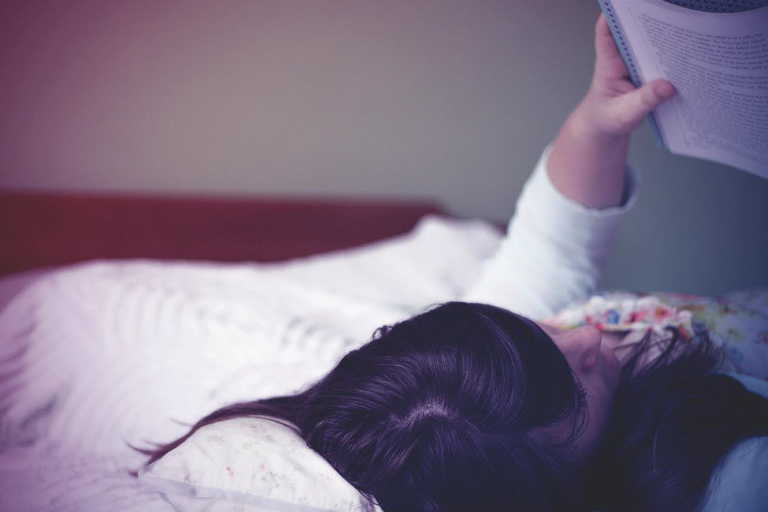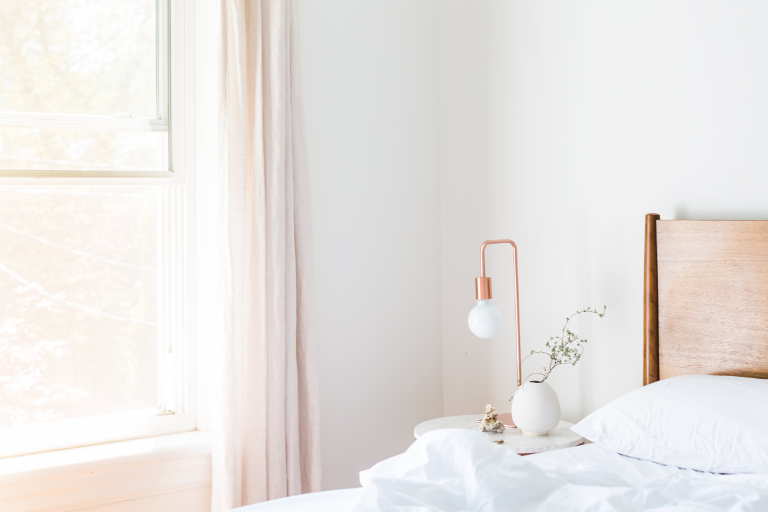Get snoozing - 5 sleep facts Singapore millennials should know

Let's be real, we don't need another study to prove we don't get enough sleep. This is something that has happened more and more as we've become a busier society.
But last week, we celebrated World Sleep Day and a few interesting facts about Singaporeans and sleep came to light.
Research has shown that getting a good night's rest can be linked to longer life and better mental health.
Here are five things Singapore millennials should know (including how sleeping naked can be good for you). Get snoozin'!
Singaporeans get very little sleep

Singaporeans were also among those with the latest bedtime of 11.45pm, even though most of us wake up at about 7.10am.
Among the most well-rested countries were Belgium, the Netherlands, and New Zealand. Citizens in these countries slept for at least eight hours every day.
These results echo a similar study by SingHealth Polyclinics last year, which found that four in 10 people, or 44 per cent, lack sleep on weekdays.
You get more ZZZs if you're in Gen Z

Data scientists for health tracking device Fitbit found inter-generational differences when it comes to sleep. According to its latest figures, Gen Z, defined as those between the ages of 13 and 22, go to bed at 12.08am and wake up at 8.12am. This gives them at least eight hours of rest.
In contrast, baby boomers aged 52 to 71 sleep the least, averaging just six hours and 33 minutes a night.
While rapid eye movement, or REM, and light sleep remain stable throughout a person's lifetime, the study also showed that a person gets less deep sleep as the years pass.
At age 20, a person spends about 17 per cent of their rest in the deep sleep stage, but this drops to 13 per cent at 70 years old. Pain, illness and medical problems, which affect the elderly more frequently and may interfere with sleep, are possible explanations.
What keeps us awake?

About six in 10 adults worldwide face problems getting the sleep they need, with about 26 per cent plagued by insomnia.
Another 21 per cent fail to get a good night's sleep because of snoring. This is according to recent findings from the Royal Philips' annual global survey, which was released in conjunction with World Sleep Day on 16 March.
And if you find yourself up at night fretting about work, you are not alone. Nearly six in 10 adults suffer from disrupted sleep in the past three months due to worrying. In particular, 34 per cent of them were worried about financial or economic issues.
If not sleep, then what?
While most people recognise the importance of catching forty winks, many of them tend to place greater emphasis on getting a good workout or eating right, when it comes to improving their health.
Several other daily activities rank higher in priority too, according to last year's sleep report by Royal Phillips.
Adults in the United States, France and Germany admit that spending time with their family is more important than sleep. In Netherlands, most people stay up to watch their favourite television shows or movies. And in Japan, many sacrifice snooze time to surf the Internet.
Nearly a quarter of adults also believe that sending late night work emails, when everyone is sleeping, shows that they care more about their job.
Bedroom habits

What makes a great bedroom? The first international bedroom poll by the United States' National Sleep Foundation found that about nine in 10 Mexicans and Germans feel more relaxed if their bedroom has a fresh, pleasant scent.
But a majority of respondents in the six countries surveyed also said that they take steps to ensure their bedrooms smell the way they want.
The poll also shed light on a few interesting cultural differences in bedtime rituals and habits. It found that about two-thirds of Mexicans and nearly half of Americans meditate or pray before they head to bed. In Britain, two in five drink a soothing beverage, such as tea, before about one-third of them in the country sleep naked.
This article was first published in CLEO Singapore